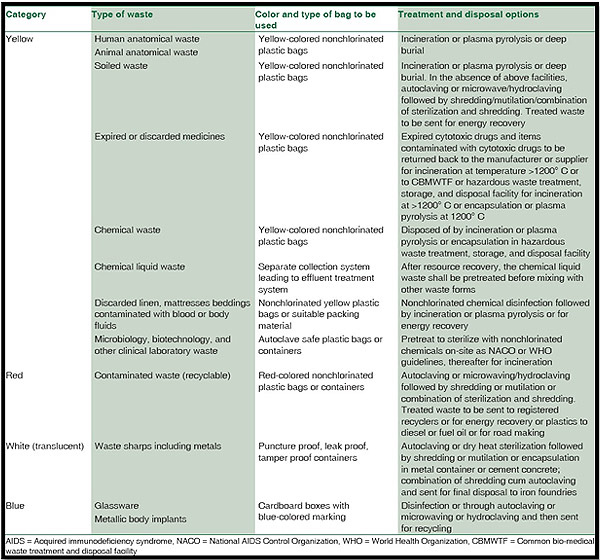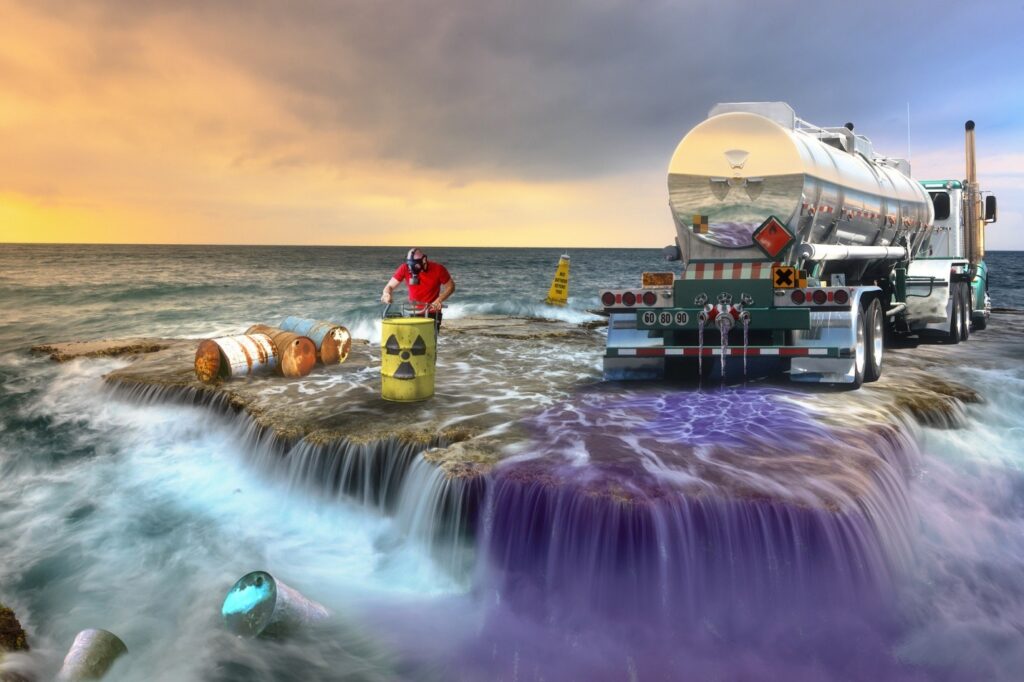The Best Guide To Reclaim Waste
The Best Guide To Reclaim Waste
Blog Article
Fascination About Reclaim Waste
Table of ContentsReclaim Waste Can Be Fun For AnyoneAll about Reclaim WasteGetting The Reclaim Waste To WorkThe 3-Minute Rule for Reclaim WasteNot known Incorrect Statements About Reclaim Waste How Reclaim Waste can Save You Time, Stress, and Money.

Never place hazardous materials down sinks, toilets or stormwater drains pipes Materials including petrol, oil, oil, chemicals and herbicides, and solvents such as paint pole dancers must not be poured down sinks, commodes or stormwater drains pipes. These substances are challenging to get rid of in the sewage treatment procedure and create contamination issues in our local waterways.

Although fluid waste is a term that covers a wide variety of materials, there's a great reason leaving its disposal to the experts is suggested. Fluid waste is non-solid product that has no additional usage and should be treated and disposed of according to neighborhood, state and government policies.
Reclaim Waste Things To Know Before You Get This
Although instances of liquid waste can include wastewater, fats, oils or grease, used oil, fluids, solids, gases or sludges and unsafe home fluids, there are some that are considered to be much more dangerous than others when it concerns the atmosphere and the health and wellness of animals and people alike. It's for this factor that each state and area have strict guidelines linked to fluid waste administration.
Liquid waste can be saved in holding containers or packaged in drums, intermediate mass containers or approved small containers prior to either being treated or gotten rid of through outsourced vacuum trucks. Offered the nature of the materials, liquid waste can not go in the basic waste stream and there are strict policies on exactly how to deal with it properly.
(https://reclaimwaste1.edublogs.org/2024/11/12/efficient-liquid-waste-removal-and-disposal-your-complete-guide-to-sustainable-waste-management/)Depending on a determination of the degree of threat, it might be needed to remediate those sites. Additionally, hazardous liquid chemical wastes are managed waste and must be tracked based on the state waste legislation. Under the chain of custodianship and responsibilities, owners are responsible and liable for waste produced by a business.
One of the core applications for superabsorbent polymers (SAPs) is liquid waste solidification. industrial wastewater treatment. SAPs are used by waste monitoring specialists to stop potentially dangerous fluids from getting in rivers, groundwater aquifers, and various other sensitive atmospheres. Since fluids can rapidly deliver contaminants right into environmental receptors and possibly contribute to geotechnical failures, liquid wastes are usually forbidden from disposal in land fills
The Greatest Guide To Reclaim Waste
Generally, free fluids are fluids that divide from the solid portion of waste product. Liquid waste can consist of the following: HDD mud and cuttings Land fill leachate Wastewater treatment sludge & biosolids Dredged debris Oil and gas drill cuttings Resolving pond muck Hydro Excavation slurry Coal combustion residuals/ash Storage tank bottom sludge Concrete grinding/polishing slurry Associated Short article: For a functional example of complimentary fluids separating from waste material, think about the complying with situation: A waste monitoring professional tons a dump associate sludge from a wastewater treatment plant's aeration basin, throughout a routine maintenance event.
Nevertheless, when the driver gets here at the land fill, he notices water seeping from the sludge and pouring from the dump vehicle. The tons was turned down by the garbage dump and the motorist was forced to get rid of the waste as a liquid waste at an unique facility, which enhanced the disposal costs significantly.
We additionally require to be responsible for the appropriate disposal of our waste products. It is not enough that we pay waste disposal firms to take care of our rubbish.
Not known Incorrect Statements About Reclaim Waste

The dreamland is an excellent exterior room with lots of sunlight and air. Segregate your waste. Segregating your waste can begin inside the home. Segregate dry and fluid waste along with edible waste, biodegradable and non-biodegradable materials. Always keep the lid on your bins to avoid pests, worms, flies, and unpleasant smells.
Layer the bottom with dirt to soak up the wet waste. Layer the compost with damp and dry waste as well as dirt to maintain an equilibrium between the wet and the dry.
The Buzz on Reclaim Waste
Cover the garden compost bin. When a week, include dirt in addition to the compost. To assist in faster decay, you can likewise add semi composted dirt to the garden compost. Preserve the compost. If you notice the smell is ending up being also strong, add added newspapers and paper waste or include even more holes to the compost bin to keep the balance of the waste materials.
The globe is drowning in rubbish and we can not pay for to be reckless any longer. We have to act and recycle whatever we can wherever we can. We also need to be in charge of the proper disposal of our waste products. It is not nearly enough that we pay garbage disposal firms to look after our rubbish.
Our waste, our obligation. Have you ever wondered what happens to your liquid waste after it's accumulated? Did you understand that liquid waste can be reused? As responsible citizens, you need to recognize what occurs to your rubbish and where it pursues it is taken away from you. Recognizing the liquid waste removal procedure is crucial in assisting you to segregate your waste.
Reclaim Waste for Beginners
Segregating your waste can begin inside the home. Segregate completely dry and liquid waste as well as edible waste, eco-friendly and non-biodegradable products.
You can utilize old garbage can, pail, yard pot or old plastic drums. Pierce four to five holes in the container so the air can flow. Layer all-time low with dirt to absorb the damp waste. Begin the composting process. Layer the compost with damp and completely dry waste in addition to dirt to keep a balance in between the damp and the dry.
To promote faster disintegration, you can additionally include semi composted dirt to the compost. If you observe the scent is becoming too strong, add added newspapers and paper waste or add more openings to the recommended you read garden compost bin to maintain the balance of the waste materials.
Report this page